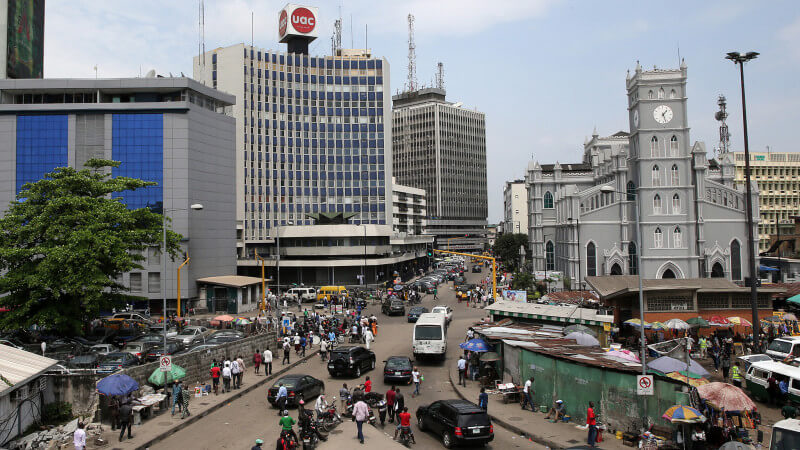Global Economy
The US Federal Reserves held its monetary policy meeting during the week and left fund target range unchanged at 2.25% – 2.5%, with a downgrade of its assessment of the economy from a prior outlook of solid growth picture to slow pace of growth. To reflect its view, the Fed revised its 2019 growth forecast to 2.1% from 2.3% previously estimated, as well as its inflation rate estimate to 1.8% in 2019 (previously 1.9%). Consequently, the median forecast for the fund rate is now a hold for the rest of 2019 and 25bps in 2020 (with 7 out of the 17 members expecting a hold in 2020). Also, the Feds guided to slowing the pace of balance sheet tapering in May to $15 billion (prior: $30 billion and a stable state starting October. Elsewhere in Europe, the Bank of England (BOE) policy makers voted unanimously to hold its key interest rate at 0.75%. This came in despite heightening inflationary pressures (+10bps MoM to 1.90% YoY), as concerns over slowing economic growth amid uncertainties regarding Brexit dominated monetary policy deliberations.
Domestic Economy
The Senate during the week joined the House of Representatives, to approve the National Minimum Wage Bill which will see minimum wage earned by workers increase by 66.67% to N30,000 from N18,000. In addition, the Senate also requested that a supplementary bill be prepared to cover the cost of the increase in personnel cost which was not captured in the proposed budget submitted by the President. Elsewhere, the Nigerian National Petroleum Corporation (NNPC) released its financial performance for the year ended December 2018 which showed an operating profit of N81.6 billion compared to a loss of N82 billion same period in 2017. The improvement originated from surplus in its upstream operations (+57.3%) which reflects higher crude oil prices and production over the period as well as lower losses on its downstream operations – reported a loss of N9.6 billion in 2018 compared to N99.9 billion loss in 2017.
Equities
The Nigerian bourse closed relatively flat this week with the ASI shedding -0.01% WoW to close at 31,139.35 points while market capitalization lost N1.2billion to end the week at N11.6 trillion. This was induced by bearish sentiments in the Breweries (-4.84%), Cement (-0.06%), Personal Care (-1.78%), Food (-2.02%) and Oil & Gas (-9.03%) indices which capped gains in Banking (+2.41%) and Insurance (+0.43%) indices. Exploring the sectoral performance revealed mixed performance across bellwether stocks (NB: -7.33%, DANGCEM: -0.16%, NESTLE: -2.91%, SEPLAT: -7.86%, ACCESS: +18.120% and GUARANTY: +5.93%).
Fixed Income
Average yields in the fixed income market expanded marginally by 7bps Wow to 13.85% driven by expansion at the short end and long ends of the curve. For the former, despite lower stop rates at this week’s OMO auction which saw the reintroduction of the one-year OMO at 13.04% (vs. 15% at the last issue) average NTB yields expanded 10bps WoW to 13.46% following liquidity squeeze by the CBN with OMO sale of N409.7 billion. Similarly, following sell-off across varying long dated instrument bond yields expanded 3bps WoW to 14.23%.
Chart of the Week
This week, we give a highlight of company earnings released during the week as well as dividends declared by the respective companies. Send an email to research@rmsecurities.com.ng to get the full report
GTBank Plc – Slower but persistent earnings growth in near term– Click here


